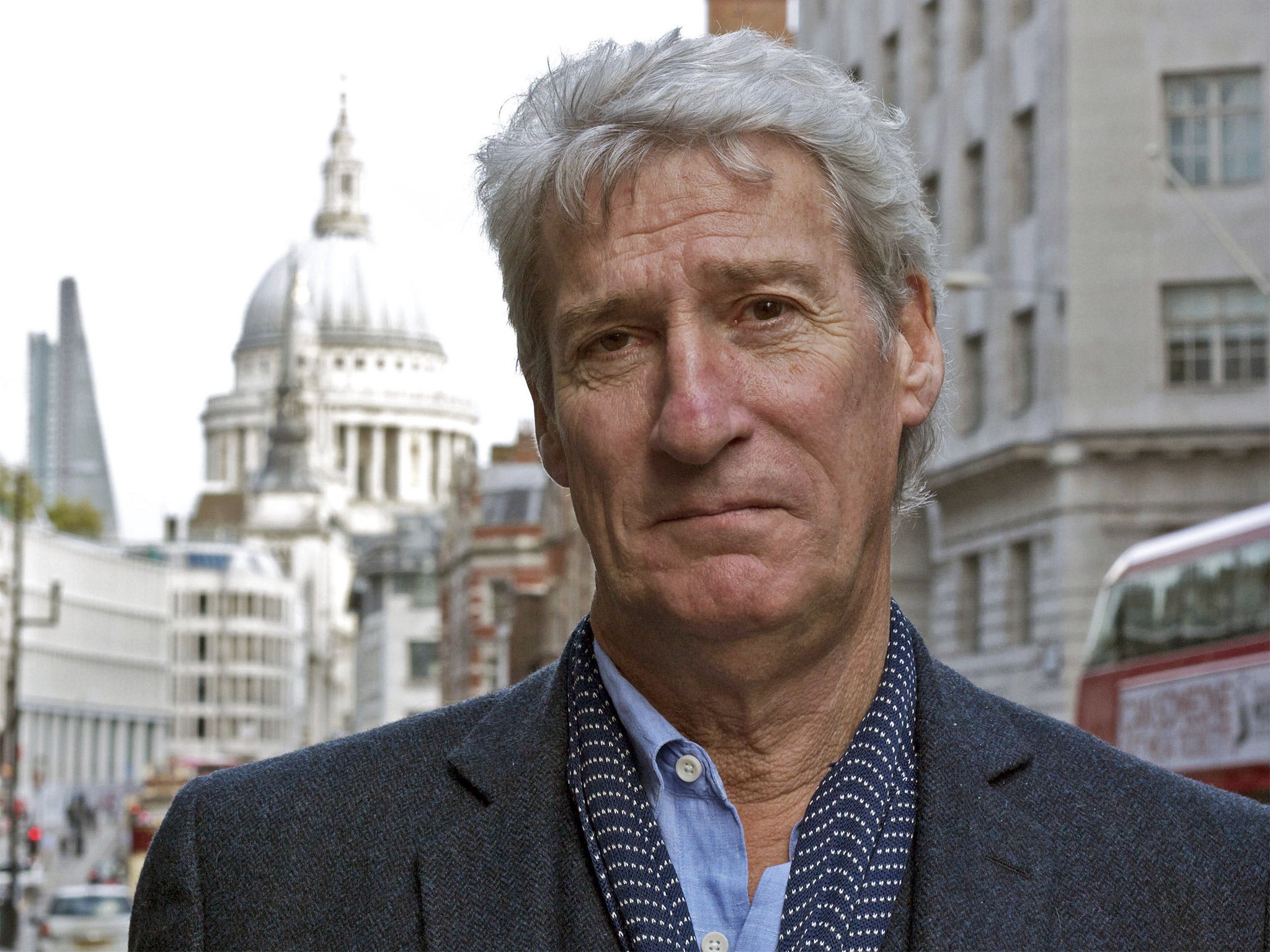Your support helps us to tell the story
From reproductive rights to climate change to Big Tech, The Independent is on the ground when the story is developing. Whether it's investigating the financials of Elon Musk's pro-Trump PAC or producing our latest documentary, 'The A Word', which shines a light on the American women fighting for reproductive rights, we know how important it is to parse out the facts from the messaging.
At such a critical moment in US history, we need reporters on the ground. Your donation allows us to keep sending journalists to speak to both sides of the story.
The Independent is trusted by Americans across the entire political spectrum. And unlike many other quality news outlets, we choose not to lock Americans out of our reporting and analysis with paywalls. We believe quality journalism should be available to everyone, paid for by those who can afford it.
Your support makes all the difference.When we venerate Winston Churchill, are we in fact venerating a time when Britain sat at the top of the world's table, with the big man himself at the head, on his 18th cigar of the day and necking his pint of Pol Roger? That was the question asked, sort of, by Jeremy Paxman – now a freelance hellraiser untethered by the constraints of Newsnight – in Churchill: The Nation's Farewell. The film was rather unusual in that rather than being a hagiography or even a critical history, it was the story of the former Prime Minister's very last years and the state funeral he was afforded.
It was history, simply told. Paxman's written histories, incidentally, are jolly good. I'd heartily recommend The English and The Political Animal. The Nation's Farewell put a constrained focus on a common subject. It was history using the Decent Biopic rule – ie, rather than trying to capture your subject's life from birth canal to alighting from this mortal coil, focus on one small element and do it well. It also helped that it's the 50th anniversary of the funeral tomorrow.
Paxman's personality, aided and abetted by the rich colour footage from the event and lots of plum interviews, meant that you could sit back and simply imbibe. The story was told by a number of primary sources and, naturally, Boris Johnson, whose career mirrors Churchill's for its versatility, if not yet its parliamentary and diplomatic prowess. Boris's latest historical tome is last year's The Churchill Factor: How One Man Made History, which, as you may deduce from its title, is firmly in the pro-Churchill camp. Here, he and Paxman revised the double-act which served as Paxo's Newsnight denouement, with Boris putting Britain's finest ever statesman into context for a modern audience. "He would be a terrific blogger," being the main thing I took from their exchanges.
Then there was the wonderful sight of Paxman in Madame Tussauds, which featured a weird cut from wax Boris to real Boris, or at least "real" Boris. This didn't have much to do with Churchill's death, but it was worth it for the look on Paxman's face as young women took selfies with a wax Benedict Cumberbatch (a Cumberwax?). It produced a withering grimace which could be formulated using the equation: Student Confusing Mahler and Mailer on University Challenge x Obfuscating Junior Minister on Newsnight.
Anyway, to the actual funeral business, the last state funeral for a "commoner" (aka the Right Honorable Sir Winston Leonard Spencer-Churchill, KG, OM, CH, TD, DL, FRS, RA) and all that. Paxman found some excellent witnesses. There was Lincoln Perkins, one of the guardsmen given the arduous task of carrying the lead-lined coffin. "It was a surprise that he was so heavy," said Perkins, whose shoulders haven't been the same since. Then there was the band member who played "The Last Post", prompting tears among the congregation ("'The Last Post' always gets them, doesn't it?") and – best of all – docker John Lynch. Lynch revealed the truth about the famous moment when Thameside cranes lowered their jibs in salute as Churchill's body passed on a boat – a fanfare from the common man to their most famous leader. "They were paid to do it – they didn't work Saturday afternoons." Oh.
Anyway, nice to have you back, Jeremy.

Join our commenting forum
Join thought-provoking conversations, follow other Independent readers and see their replies
Comments